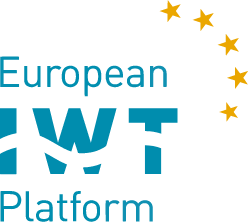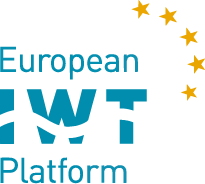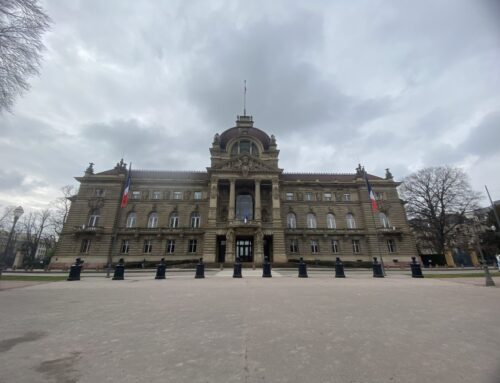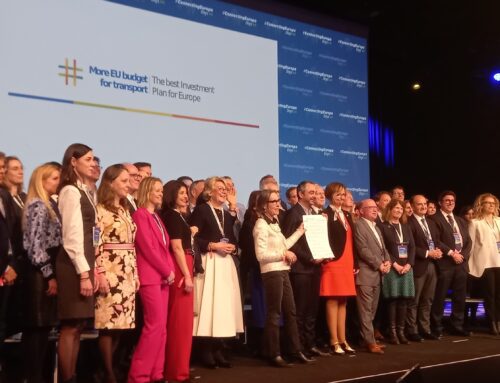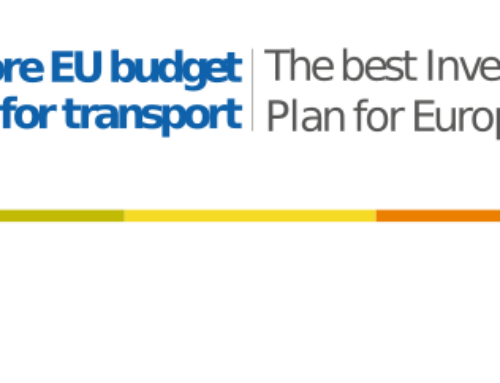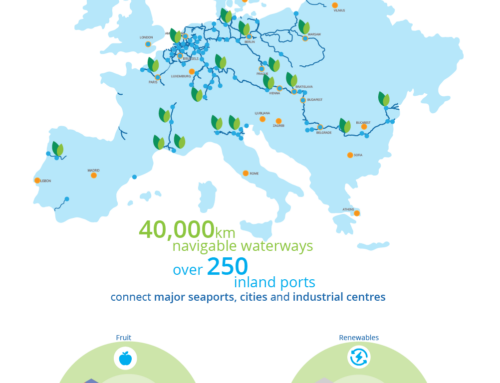At the last (online) meeting of the sectoral social dialogue on 23 April 2021, Ms Andrea Nahles, a former German Minister for Labour and Social Affairs, presented a report on Strengthening EU Social Dialogue. The report was prepared within her function – since July 2020 – as a Special Advisor on Social Dialogue to Nicolas Schmit, the Commissioner for Jobs and Social Rights. The report has been published earlier in February, highlighting the main issues at stake, together with proposing a set of recommendations and initiatives. They are meant to feed the Action Plan to implement the European Pillar of Social Rights.
What does a social dialogue mean?
A social dialogue means, on one hand, a bilateral dialogue between the European employers and workers organisations and, on ther other hand, a tripartite dialogue between those social partners and the EU institutions. Legal basis are the Articles 152-155 of the Treaty on the Functioning of the European Union (TFEU). Since 1998, sectoral social dialogue has been broadly developed. Several committees have been created in the main economic sectors, including inland navigation. Today, sectoral social dialogue within the sector of Inland Waterways is one of the most active and successful. EBU and ESO represent the employers; while the ETF (European Transport Workers Federation) is a partner on the workers’ side.
In the framework of a social dialogue, social partners have, for example, an opportunity to conclude an agreement and jointly request the Commission to propose an implementing Council Decision. Social partners in IWT have achieved such agreement on certain aspects of organisation of the working time, which is in force since 2014, as a specific Working Time Directive for Inland Navigation.
Main points and discussion
Ms Andrea Nahles gave a brief overview of the main points of the report, followed by a discussion with the social partners.
One important point was related to raising the profile of social dialogue within the EU and increasing awareness of its importance. There is still too little recognition of social dialogue in many Directorates General at the European level. In some cases, there is also a considerable resistance at the national level. Ms Nahles reported that in Germany, for example, the social partnership and discussions among the social partners have a long tradition and therefore very often consensual solutions are reached instead of strikes. Other points of the report emphasis the need of improving the structures and processes of European social dialogue and supporting capacity building to the benefit of national social partners.
ETF criticised the fact that currently the social dialogue meetings take place only three times per year instead of four times as before. The Federation would like to see more weighting of the proposals agreed by the social partners. This view was just as much a consensus as the EBU/ESO proposal to provide more support for the social partners’ working groups on the individual topics and, for example, to provide language interpretation at certain events in order to involve the industry closer in the ongoing discussions. Ms Nahles took up these points and agreed to introduce them in the further debate.
Beside supporting the national social partners, Ms Nahles proposed to set-up a platform for the exchange of best practice and to create a new programme for young future leaders of social partner organisations – kind of an Erasmus Programme for social dialogue.
Photo source: European Commission website
Andrea Beckschäfer
Social and Education Committee
